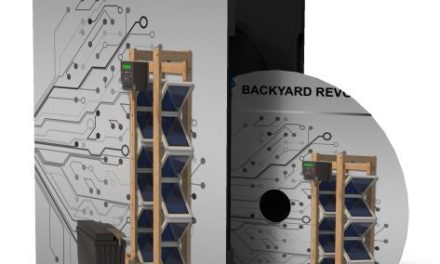When it comes to being a landlord or a renter in Maryland, there is always the possibility of disputes. Unfortunately, some disputes are more common than others, but Maryland has strict rules and regulations for dealing with these.
Late or Missed Rent Payments
When it comes to missed rent and late payments, it’s typically the biggest fear that landlords have. While life happens and there will likely be times when you’ll need to be flexible with your tenants, there are some ways to go about ensuring you do everything you can to avoid this situation.
First, you can ensure that payment dates are clearly outlined in the lease and include fees for late payments. That will motivate your tenants to avoid having to pay more because of late fees. In Maryland, all fees and rent payment times and types need to be included in the rental agreement. It should also outline how long a payment being missed results in eviction. Late fees in Maryland can’t exceed 5% of the rental payment.
Another method to avoid late or missed rent payments is to set up a direct withdrawal from your tenants’ account or charge a credit card. If you take a check, you run the risk of having bounced payments, with your bank charging both you and your tenant extra bank fees.
If you have always struggled with tenants not paying on time, you may want to consider adding incentives for those who pay on time or pay early.
Eviction Notices
As you become more experienced as a landlord, you’ll learn what behaviors you’ll put up with and which you won’t. Mitchell David, one of the prominent real estate experts in Ocean City, Maryland, says
“An eviction notice often leads to an eviction lawsuit. Yet, many tenants don’t want a lawsuit so they decide to leave. At the same time, the landlord may choose to continue to file the lawsuit or collect the money if the tenant refuses to pay any amounts owing.”
In Maryland, there are strict rules around eviction that must be followed carefully. Otherwise, it may result in the eviction becoming invalid. The reasons that a landlord can evict a tenant include failure to pay, breach of the rental agreement, or “holding over.”
Excessive Damage to the Property
As a landlord, you always run the risk of having your new tenants trash your property. All landlords hope to find respectful tenants who treat the property like it’s their own, but there are nightmare tenants out there. To avoid having tenants that will destroy your home, you can do a few things. Background checks, reference checks, put activities that cause the most damage into the rental agreement, conduct routine inspections, and consider adopting a maintenance plan are a great place to start.
In Maryland, routine wear and tear will occur throughout the tenancy. The landlord is responsible for taking care of those damages. Wear and tear can include marks on the walls from moving, scuffs on the floor, or damage sustained from everyday life. This means that the landlord cannot deduct any money from the damage deposit for ordinary wear and tear.
Suppose the property is destroyed beyond wear and tear. In that case, the landlord can keep the entirety of the damage deposit for that. The tenant is responsible for returning the property to ‘in good repair’ if the cost exceeds the damage deposit.





Recent Comments